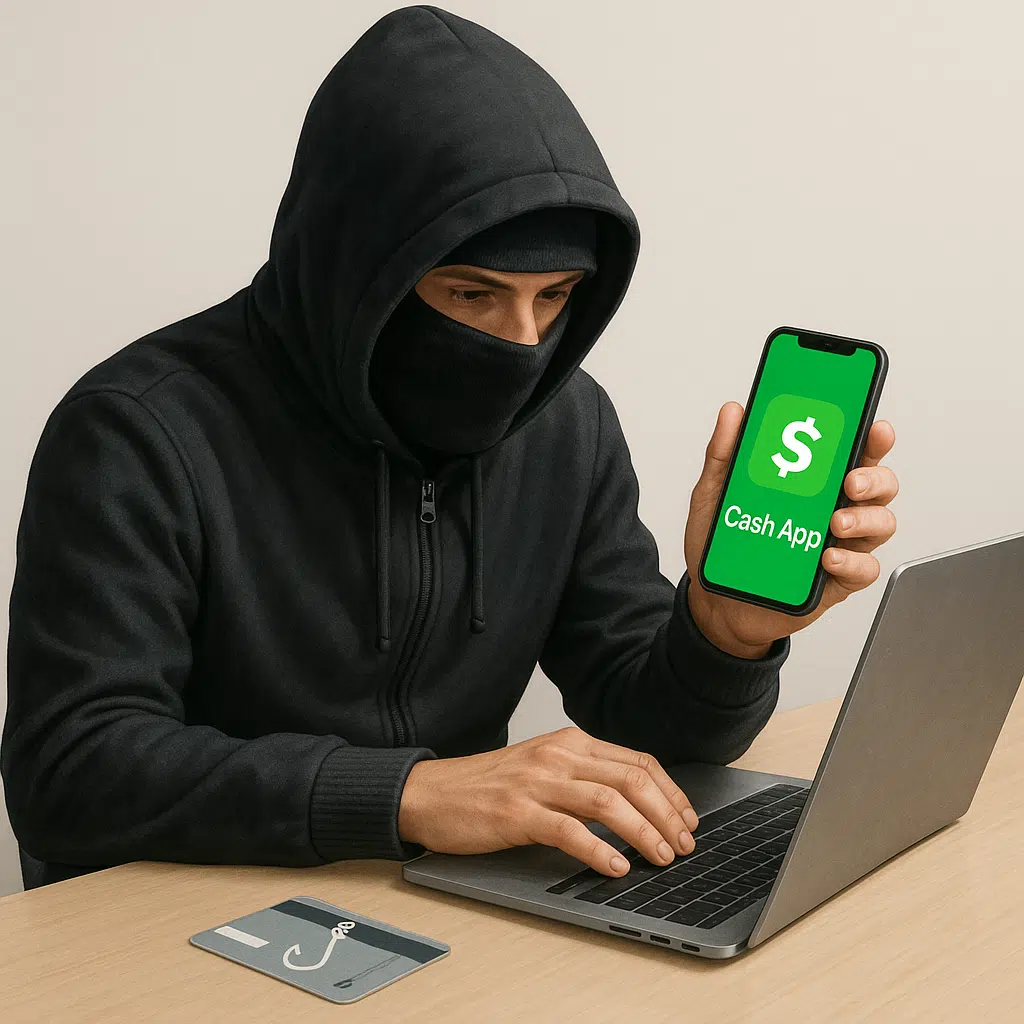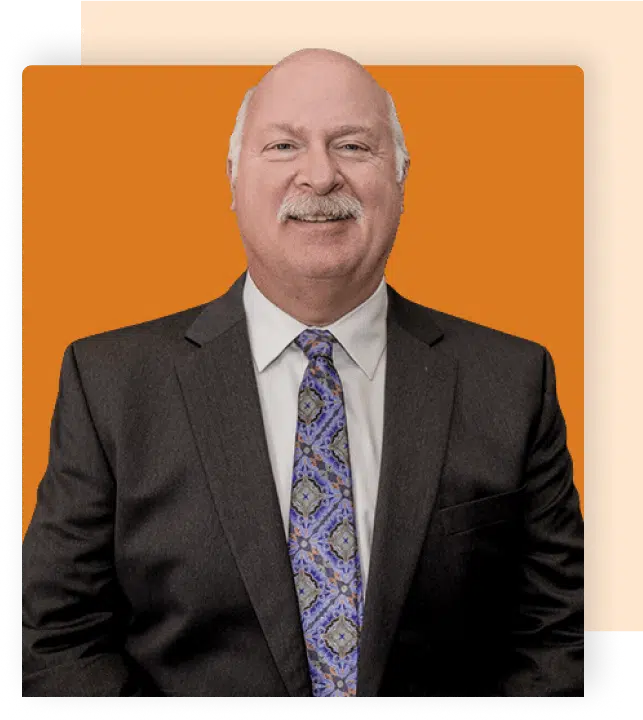 If you’ve ever used Zelle, Venmo, or Cash App, you already know how easy they make it to send money. A couple of taps on your phone and the money is gone. That’s great when you’re splitting a dinner bill with a friend—but not so great when a scammer tricks you into sending them cash.
If you’ve ever used Zelle, Venmo, or Cash App, you already know how easy they make it to send money. A couple of taps on your phone and the money is gone. That’s great when you’re splitting a dinner bill with a friend—but not so great when a scammer tricks you into sending them cash.
Here’s the scary part: most people don’t realize that when fraud happens on these apps, your bank may try to say, “Sorry, nothing we can do.” That’s not the whole truth. In fact, the law actually gives you more rights than most banks want you to believe.
Let’s break it down so you know how to protect yourself, what to do if you get scammed, and how to fight back if your bank shrugs its shoulders.
Why Zelle, Venmo, and Cash App Are Risky
Unlike credit cards, which have strong protections for fraud, peer-to-peer apps are set up more like digital cash. Once you send money, it’s gone. You can’t “cancel” or “charge back” the same way you could with a credit card.
Scammers love these apps because they work fast. A thief can trick you into sending them money, and within seconds they’ve moved it somewhere else. Common scams include:
- Imposter scams: Someone pretends to be your bank, your utility company, or even a friend in trouble.
- Fake sales: You buy concert tickets, a puppy, or sneakers online—but the seller vanishes after you pay.
- Romance scams: You meet someone online, they gain your trust, and then ask for money through Zelle or Cash App.
- “Bank representative” trick: A scammer calls pretending to be from your bank, claiming they need to “verify” your account by sending money.
Here’s what most consumers don’t realize: even if you think you authorized the payment, the law might still consider it unauthorized if you were tricked. That’s where your rights kick in.
Your Rights Under the Law to Get your Money Returned
There’s a federal law called the Electronic Fund Transfer Act (EFTA). It protects consumers when money is taken electronically from their bank accounts without permission. That includes scams and fraud on apps like Zelle, Venmo, and Cash App. The law says that if a transfer is unauthorized, your bank is supposed to refund the money—not blame you. For example:
- If someone hacked your account and sent money, that’s unauthorized.
- If someone tricked you into sending money by lying about who they are, that can also count as unauthorized.
Banks often argue the opposite: they claim that if you typed in the payment, you “authorized” it—even if you were scammed. But courts and regulators, including the Consumer Financial Protection Bureau (CFPB), have pushed back. They’ve made it clear that consumers have rights, even in cases where fraudsters manipulate you into pressing send.
What Your Bank Won’t Tell You
Here’s the part your bank may not share when you call to report fraud:
- They’re required to investigate your claim.
The law says banks must look into fraud claims within certain time limits. They can’t just dismiss you with “too bad.” - They have to give you a provisional credit.
While they’re investigating, your bank may be required to give you your money back temporarily, so you’re not left broke. - They can’t delay you with excuses.
Some banks tell customers to “work it out with Zelle” or “contact Cash App directly.” That’s not true. Your bank is responsible for transfers made through its accounts. - They may be breaking the law if they refuse.
If your bank automatically denies your claim, or doesn’t follow the EFTA’s timelines, they may be violating federal law—and you may be entitled to damages.
What To Do If You’ve Been Scammed
If you fall victim to a Zelle, Venmo, or Cash App scam, here’s what you should do right away:
- Contact your bank immediately. Report the fraud as soon as you discover it. The sooner you act, the stronger your rights are under the law.
- Put it in writing. Don’t rely only on phone calls. Send your bank a written dispute (email or letter). That creates a paper trail.
- Save everything. Keep screenshots of text messages, emails, or app receipts that show the scam. The more evidence, the better.
- Call us. We will handle your claim at no out of pocket charge to you.
How to Protect Yourself Going Forward
While the law protects you, it’s better to avoid the headache altogether. Here are some easy tips:
- Never send money to someone you don’t know. Treat Zelle and Cash App like handing over cash.
- Be skeptical of urgent requests. Scammers often say things like “act now” or “your account will be frozen.” Slow down and verify.
- Double-check phone numbers. Scammers often spoof phone numbers to look like your bank. Hang up and call the bank directly.
- Turn on alerts. Set up text or email alerts for transfers, so you can spot fraud instantly.
- Use a credit card when possible. Credit cards have much stronger protections if something goes wrong.
Why This Matters More in 2025
Fraud on payment apps has exploded in recent years, and banks are facing pressure from regulators to stop pointing fingers at customers. But many banks still resist paying back victims unless they’re forced to.
The good news is that consumers are starting to win more of these battles. Regulators like the CFPB have clarified that “fraud is fraud,” whether it’s a hacker or a scammer tricking you. And courts are increasingly siding with consumers who stand up for their rights.
Final Thoughts
Zelle, Venmo, and Cash App make moving money easier than ever—but also riskier. If you’re scammed, don’t let your bank convince you there’s nothing you can do. The truth is, you may have more rights than they admit.
If you’ve lost money through one of these apps and your bank refuses to help, don’t give up. You have options. And sometimes, the only way to get your money back is to push back—hard. Remember: these apps may be fast, but the law is still on your side.
Don’t be a Victim of Electronic Funds Scams
Call me, Attorney Gary Nitzkin at (248) 353-2882 or email me at [email protected]. Our advice is free. You don’t have to be a victim. Let me help you become the victor! For more information, visit us at www.crlam.com.
Attorney Gary Nitzkin
(248) 353-2882

